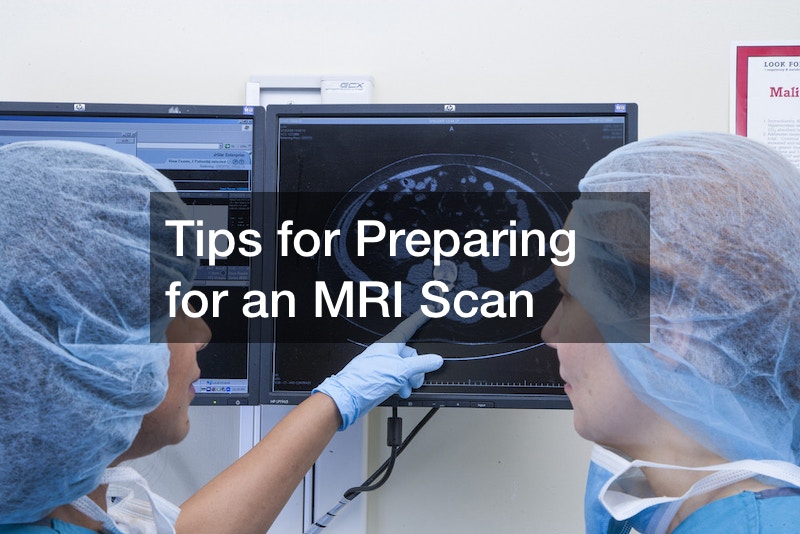
In the video above, the reporter highlights the advanced technology utilized in MRI scans, offering clear and detailed information if one needs to self-refer for an MRI scan. This diagnostic tool assists in identifying conditions like cancer, vascular disease, strokes, and musculoskeletal disorders.
If an MRI with contrast is necessary, a contrast material administered through a vein enhances visibility, typically as per the doctor’s advice.
Per the reporter, preparation for an MRI might involve prior blood work, especially for individuals with high blood pressure, diabetes, or kidney conditions. Disclosing allergies is crucial to avoid complications with contrast dye, and it’s essential to inform healthcare providers about pregnancy, nursing, or any metallic implants or medical devices that could pose risks in the MRI room.
Efficiency is a priority in the healthcare system, streamlining appointments and allowing patients to provide medical information in advance through an online portal or upon arrival. For those uncomfortable in small spaces, discussing concerns with the doctor beforehand may lead to a mild sedative prescription. During the scan, patients lie comfortably on an examination table and communicate with the technician, potentially wearing earplugs to reduce the MRI’s sounds. After the procedure, a board-certified radiologist interprets the images available within a few days, and you should have your results on the patient portal.
.

